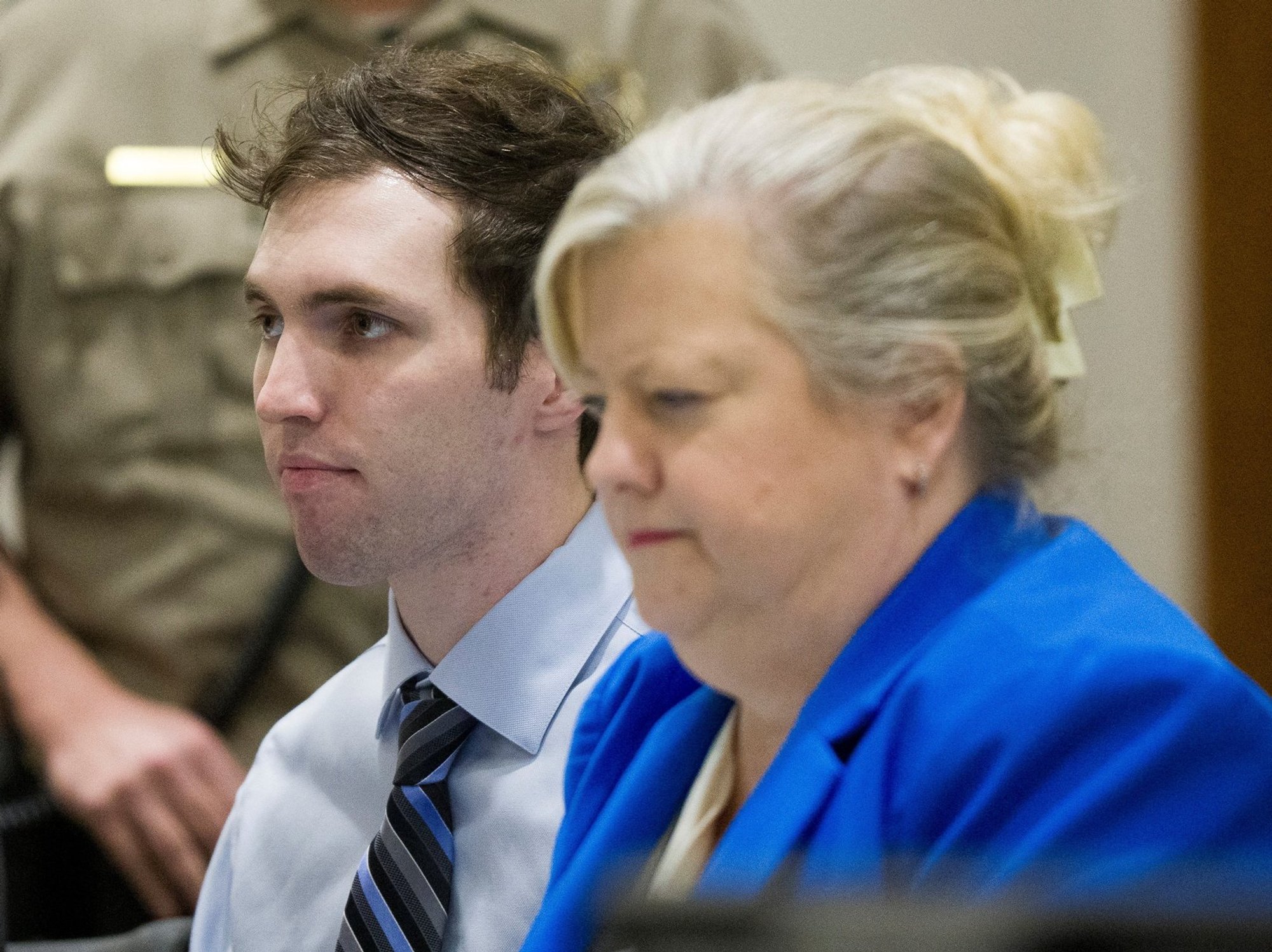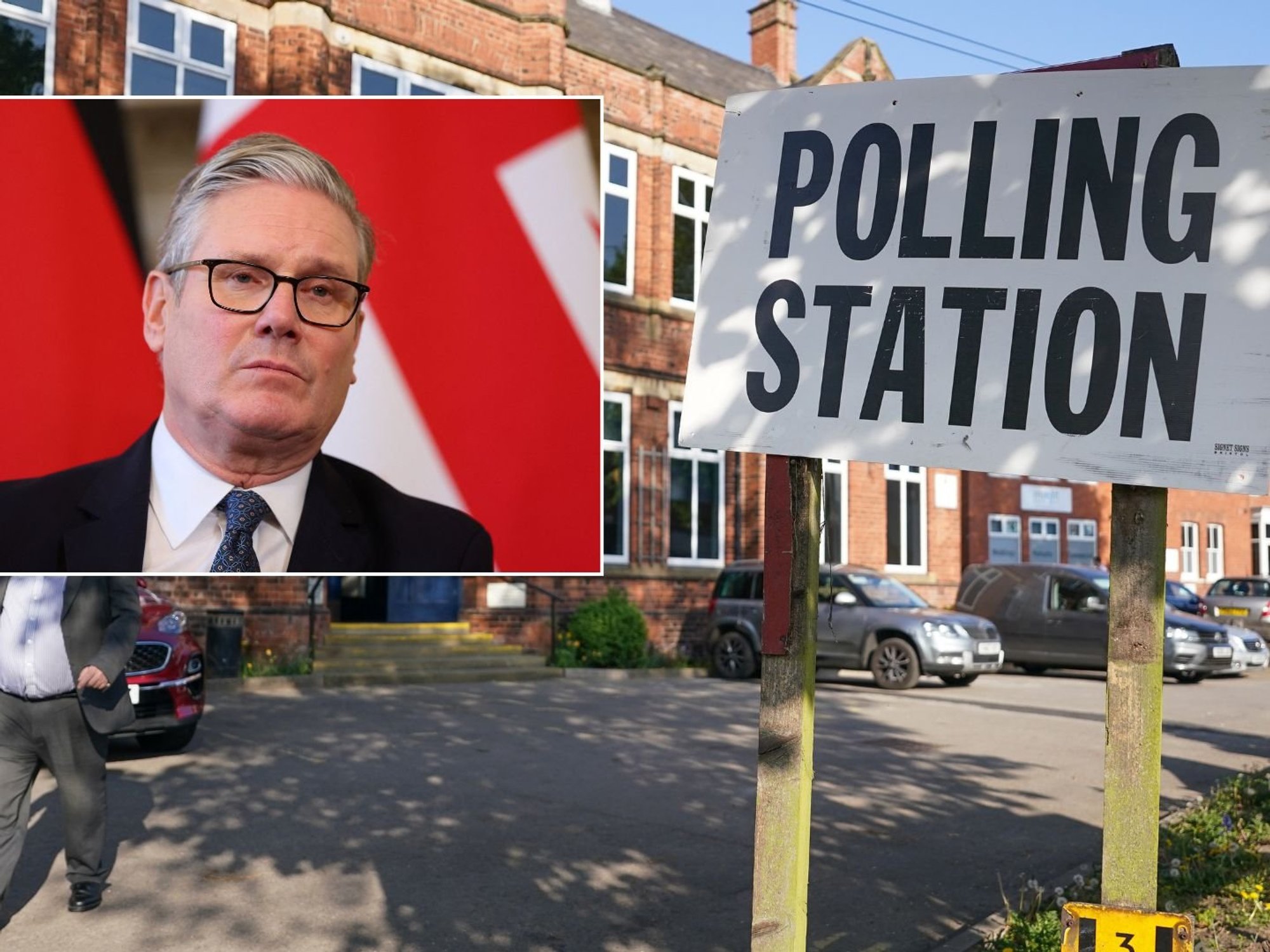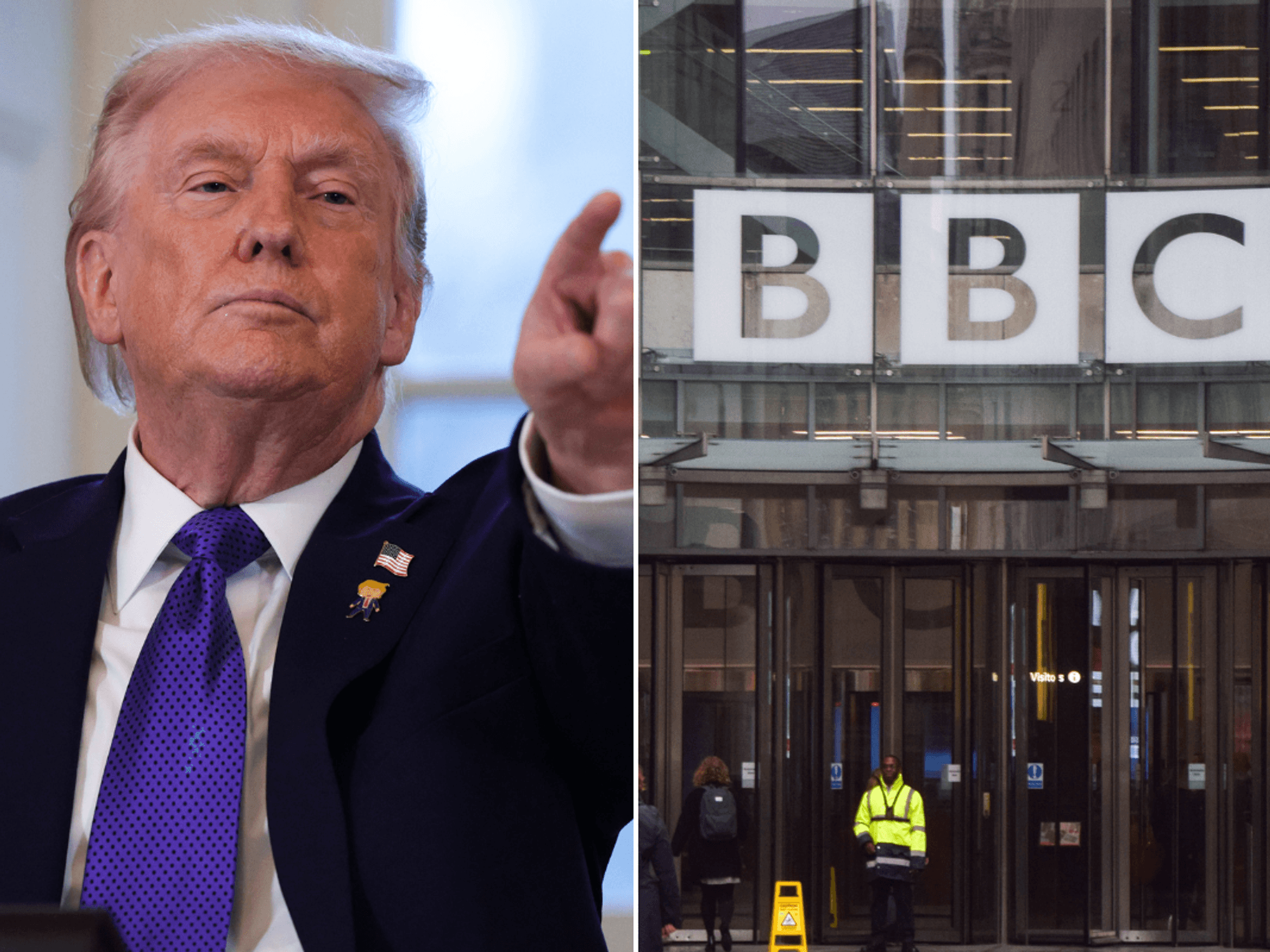Britain and its allies face 'deadly quartet' of hostile nations as UK defence review begins
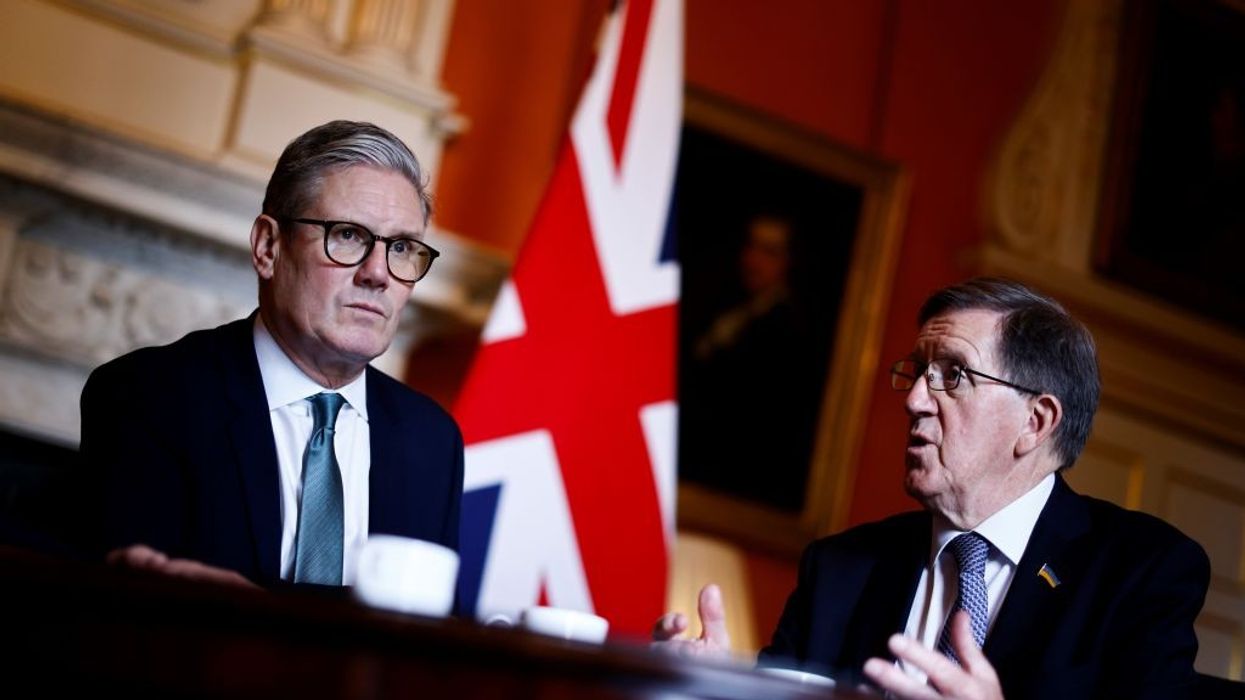
The world is now far more volatile and dangerous than it has been for many years, with the West facing a “deadly quartet” of hostile nations, according to the man charged with leading an urgent review of the UK's defences
|Getty

One defence analyst blasted Britain's 'absolutely appalling defence procurement system'
Don't Miss
Most Read
The world is now far more volatile and dangerous than it has been for many years, with the West facing a “deadly quartet” of hostile nations, according to the man charged with leading an urgent review of the UK's defences.
Former NATO Secretary General Lord Robertson warned that Russia, China, Iran and North Korea were “increasingly working together”.
Iranian drones, North Korean munitions and Chinese components are helping sustain Vladimir Putin's ability to continue waging war in Ukraine, despite Western sanctions.
The new Labour government said its new Strategic Defence Review will urgently examine how to strengthen security, bolster Ukraine and modernise and maintain Britain's nuclear deterrent.
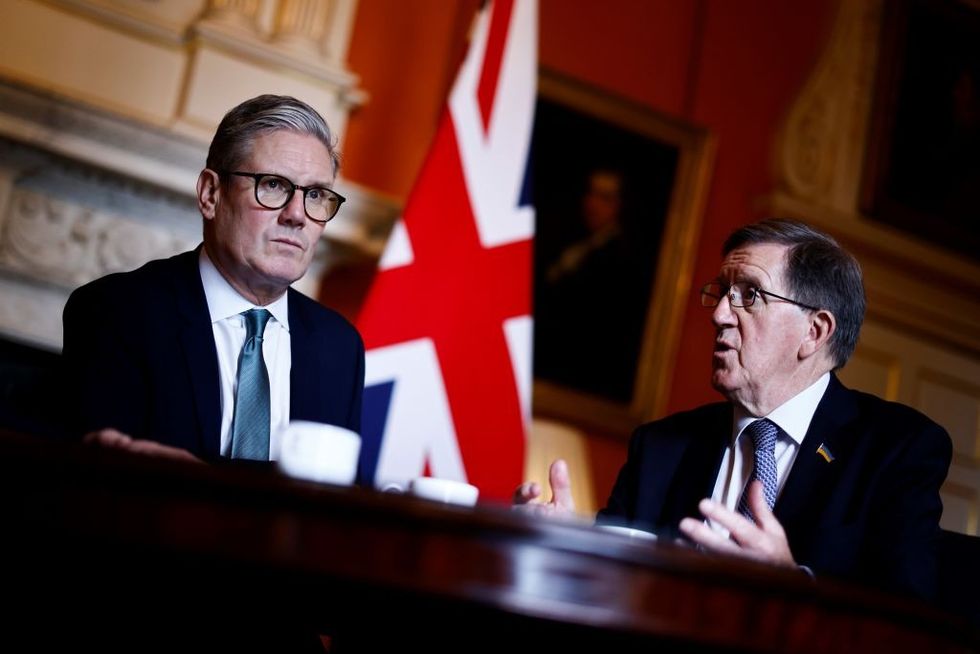
The new Labour government said its new Strategic Defence Review will urgently examine how to strengthen security, bolster Ukraine and modernise and maintain Britain's nuclear deterrent
| GettyIt will also set out a roadmap on how to reach Sir Keir Starmer's target of spending 2.5 per cent of gross domestic product on defence.
Former prime minister Rishi Sunak had set a 2030 goal for spending 2.5 per cent - at a cumulative cost of £75 billion over six years - but the new Labour administration has yet to commit to a timetable.
Lord Robertson, who was also Defence Secretary under Tony Blair, will work with former US presidential advisor Fiona Hill and ex-joint forces command chief General Sir Richard Barrons.
Lord Robertson told reporters: “We’re confronted by a deadly quartet of nations increasingly working together, and we in this country, and the Nato alliance that met so successfully last week, has got to be able to confront that particular quartet as well as the other problems that are pervading the world at the present moment.”
LATEST DEVELOPMENTS:
The Prime Minister said: “We live in a more dangerous and volatile world. My Government will forge a new clear-eyed approach to our national defences, equipping us to tackle international threats head-on while keeping the British people safe and secure.”
Defence Secretary John Healey will oversee the review and he will be regularly updated on progress, in addition to the Prime Minister and the Chancellor.
Healey said: “At the start of a new era for Britain, we need a new era for defence. Hollowed-out armed forces, procurement waste and neglected morale cannot continue.
“In response, our armed forces need to be better ready to fight, more integrated and more innovative. We need clearer accountability, faster delivery, less waste and better value for money.
“The review will ensure that defence is central to the future security of Britain and to its economic growth and prosperity.”
Defence analyst and former British army officer Lt Colonel Stuart Crawford told GB News he found it "slightly ridiculous" that the review will take up to a year to complete.
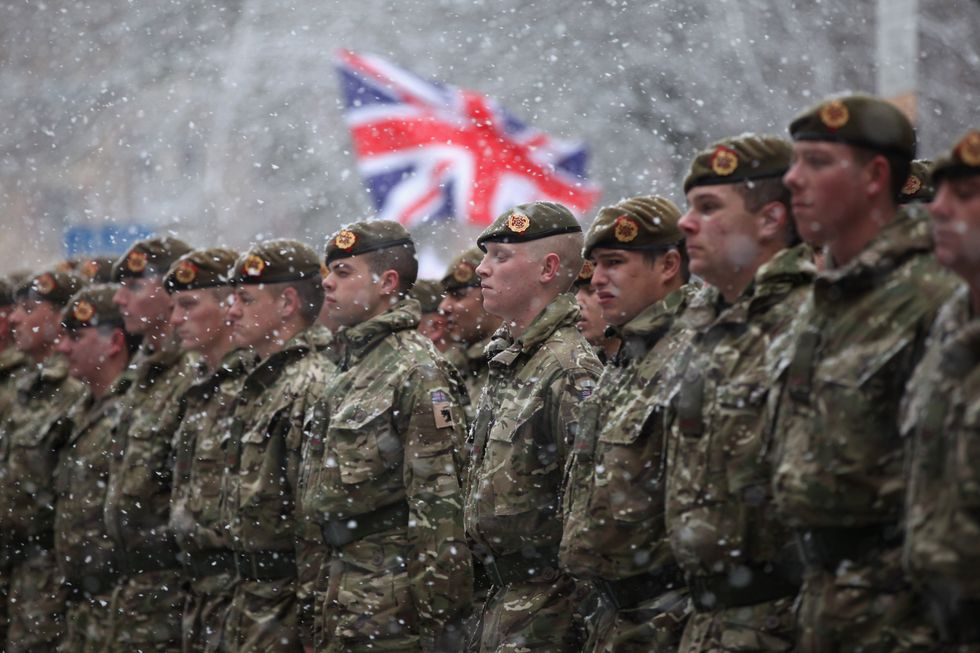
The West faces a “deadly quartet” of hostile nations, according to the man charged with leading an urgent review of the UK's defences
| Getty"Given the urgent nature of the review, it has to be done more quickly, especially when some senior military people have said we should be able to do it in about six weeks.
"I think the Labour government is buying time here because it doesn't really know what it wants to do."
Lt Colonel Crawford said the review must sort out the "absolutely appalling defence procurement system which is a by-word for waste and delay."
He added: "If we look at the Ajax fighting vehicle programme for example, 589 vehicles ordered, approximately 14 years late, the best part of £5.6 billion spent, and not one vehicle yet in service. Worse than that, the equipment that is part of this vehicle's communications fit is going to be delayed even longer.
The Labour government has announced that, as part of the Defence Review process, a specialist team will be established to engage with serving and retired members of the armed forces, the defence industry, the general public, academics, parliament and the UK’s allies.
The review is expected to be completed by early 2025.






